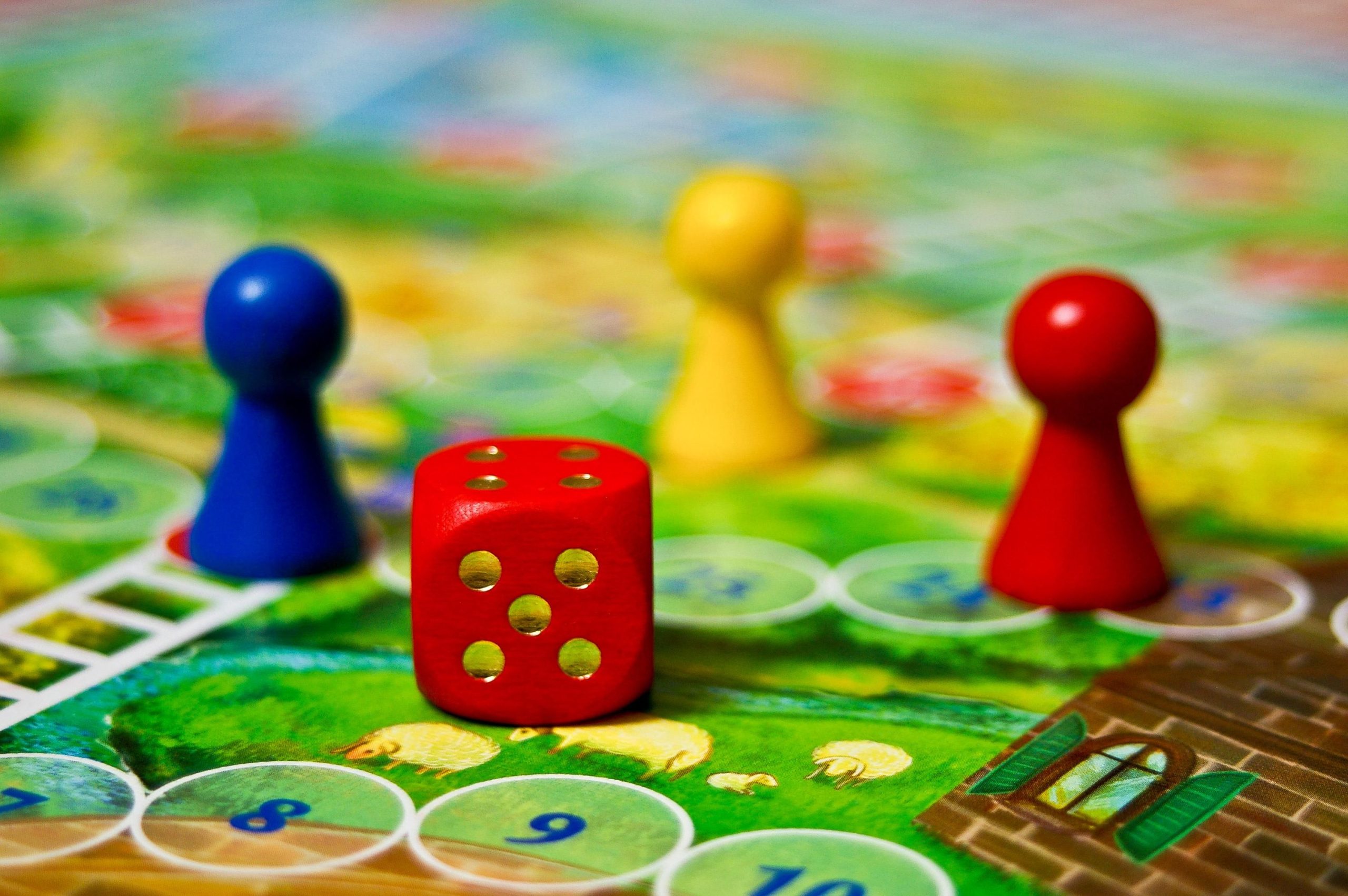This essay delves into the intricate realm of the psychology of games, investigating the underlying motivations and behaviors that drive individuals to engage in gaming activities. Drawing upon psychological theories and empirical research, it explores the cognitive, emotional, and social dynamics involved in gameplay. By examining the psychological mechanisms of motivation, reward, immersion, and addiction, this essay seeks to illuminate the profound impact of games on human cognition, emotion, and behavior.
Introduction:
The psychology of games represents a fascinating intersection of cognitive science, behavioral psychology, and social psychology. As interactive experiences that captivate millions of individuals worldwide, games offer a unique lens through which to study human motivation, decision-making, and social interaction. This essay endeavors to unravel the complex psychological processes that underlie gaming behavior, shedding light on the factors that drive individuals to play, persist, and derive meaning from gaming experiences.
Motivation in Gaming:
Motivation serves as a cornerstone of gaming behavior, influencing why individuals choose to play games and how they engage with them. Drawing upon psychological theories such as Self-Determination Theory and Achievement Motivation Theory, researchers have identified a multitude of intrinsic and extrinsic motivations that drive gaming behavior. From the pursuit of mastery and achievement to the desire for social connection and escapism, games offer a diverse array of gratifications that appeal to different psychological needs and preferences.
Cognitive Processes and Gameplay:
Cognitive processes play a crucial role in gaming, encompassing a wide range of mental activities such as attention, memory, problem-solving, and decision-making. Games often require players to engage in complex cognitive tasks, such as strategizing, planning, and adapting to changing circumstances. Through gameplay, individuals can enhance their cognitive skills and abilities, sharpening their focus, spatial reasoning, and executive function. Moreover, games provide a fertile ground for exploring the mechanisms of learning, as players acquire new knowledge, skills, and strategies through repeated practice and feedback.
Emotional Responses to Gameplay:
Emotions play a central role in shaping the gaming experience, influencing how individuals perceive, interpret, and respond to game content and stimuli. Games have the power to evoke a wide spectrum of emotions, ranging from joy, excitement, and pride to frustration, anger, and anxiety. The emotional intensity of gaming experiences can be attributed to various factors, including narrative immersion, challenge level, social interaction, and player agency. Understanding the emotional dynamics of gameplay is essential for designing games that resonate with players and evoke meaningful emotional responses.
Social Interaction and Gaming Communities:
Games offer a rich social environment that facilitates communication, cooperation, and competition among players. Whether through online multiplayer modes, local co-op gameplay, or gaming communities and forums, games provide opportunities for social interaction and relationship-building. Social factors, such as social identity, social comparison, and social support, play a significant role in shaping gaming behavior and experiences. Moreover, gaming communities foster a sense of belonging and camaraderie among players, creating virtual spaces where individuals can connect, collaborate, and share their passion for gaming.
The Dark Side of Gaming: Addiction and Problematic Behaviors:
While gaming can be a source of enjoyment and enrichment for many individuals, it can also give rise to problematic behaviors and negative consequences. Excessive gaming can lead to addiction, characterized by compulsive gaming, withdrawal symptoms, and impaired functioning in other areas of life. The phenomenon of gaming addiction has sparked considerable debate and controversy within the scientific community, prompting researchers to explore its underlying causes, risk factors, and potential interventions. By understanding the psychological mechanisms of gaming addiction, researchers and practitioners can develop effective prevention and treatment strategies to support individuals struggling with problematic gaming behaviors.
The psychology of games offers valuable insights into the complex interplay of motivation, cognition, emotion, and social dynamics in gaming behavior. By examining the psychological underpinnings of gameplay, researchers can gain a deeper understanding of the factors that drive individuals to play, persist, and derive meaning from gaming experiences. Moreover, this knowledge can inform the design of games that are engaging, immersive, and psychologically rewarding, while also promoting responsible gaming practices and mitigating the risks of addiction and problematic behaviors. As games continue to evolve and diversify, the study of their psychological impact remains an essential endeavor, offering new opportunities for exploration, discovery, and innovation in the field of psychology.




